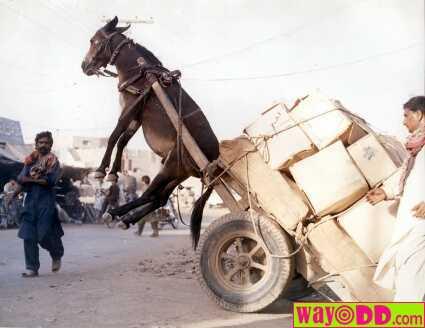A chief joy of the book is that none of the raging controversies are ignored or glossed over. Pres. Obama covers race, poverty, abortion, and religion among others. He speaks plainly where our society has failed - sometimes miserably. Don't think that Canada is immune. Very often where Americans go, we blithely follow. For instance, we may take comfort that we hadn't the slavery problem. But don't tell me we don't have an unstated class structure that leaves our Native population neglected and at times disdained. It sure is painful to see those failings in print. Thankfully we are not left there. The next critical step is to talk about where we can all agree to address these issues.
Agreement doesn't make good press, but if these critical issues are to be addressed, all sides of the ideological debate must start talking about our common ground.

This bold statement of the problem is something I am missing from my management style. I inherited it honorably. I am likely the third generation to be raised on the strict Methodist code of rule by silence. After all, the offender should know what they have done wrong. As a corrolory, why waste breath on praise? They should know that, too.
I've learned to praise publicly and often. Not only for others but for myself too. Hang the upbringing, I am motivated by praise. Everyone else is too. But it is still so very hard for me to tell an employee their obvious failing. There are people who have so obvious a defect it prevents them from moving on. My inner voice claims that they must know, or else they are so self-deceived they would deny it to my face anyways. But by not saying anything, am I condemning them without any opportunity for reform?
This is not the coaching way.
I am reminded all over again while re-reading Pike Place Fish's "Catch!" with my staff. These are fishmongers; rough and ready dudes. They respect each other enough to coach to greatness; every one of the guys. Why would I respect my own staff any less?
So in conclusion, silence is not an option. Say the tough things, in kindness. Say it with the intent to change. Say it knowing that by bringing problems in to the open might mean I must change too.
This is the way to change my office and help all my staff to greatness. This is also the way to turn a country and a world around.









